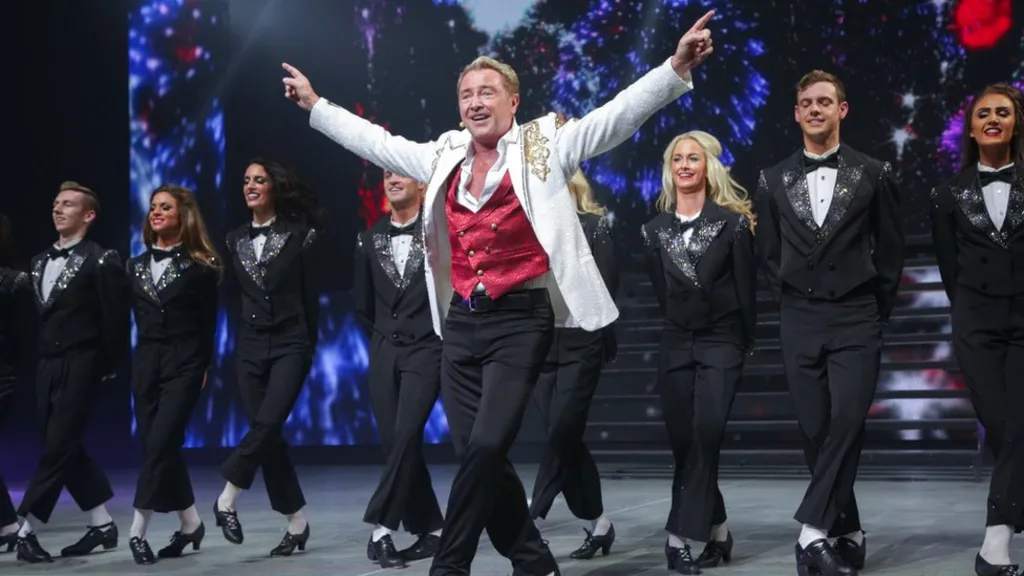
Michael Flatley recalls being warned not to embarrass Irish dancing
It is 1994, Bill Clinton is US President, the Spice Girls have just got together and Brazil are about to become World Cup champions. Ireland is on a winning streak too, not in football, but at the Eurovision Song Contest. The annual event was being hosted in Dublin and Ireland, once again, took home the trophy. But it was the interval act that made the biggest impression: Riverdance, with a then-unknown dancer, Michael Flatley."My goodness that night brings up a lot of memories," he tells BBC News. "It was a unique evening, it was very, very special." We have met to talk about 30 years since that performance and the impact it had on his life and Irish dancing. Before that night, Irish dancing had been seen as very traditional, with strict rules about what was acceptable. One rule was that dancers should have a rigid upper body and keep their arms straight by their sides. A childhood dance teacher of Flatley's even tied his arms together with a belt, something he says made him determined to dance how he wanted to. So when he burst onto the stage, with his arms in the air, it was something people had never seen before.It was Irish dancing, but with influences of ballet, flamenco and Fred Astaire. Flatley, 65, choreographed the routine, but it could have turned out quite differently. "I don't think I've ever mentioned it before," he says, "but right before I went on stage, they came to me beside the stage and said: 'Please, we're getting calls from all the dance teachers. Please don't wave your arms around, you're going to make us look ridiculous in front of the world, so can we just ask you this time whatever happens, can you keep your arms down?' "And I said no."Flatley's instincts were right, as his performance with Jean Butler and dozens of other dancers eclipsed the rest of the night. The host broadcaster RTÉ immediately started receiving calls from viewers who wanted to buy a recording of the performance and book tickets to see them. The BBC broadcaster, Sir Terry Wogan, who was commentating for the UK, exclaimed: "Good grief. Small hairs rising on the back of every Irishman's neck." The music, composed by Bill Whelan, was released as a single shortly after Eurovision, and reached number one on the Irish chart. Riverdance had made Irish dancing cool.

